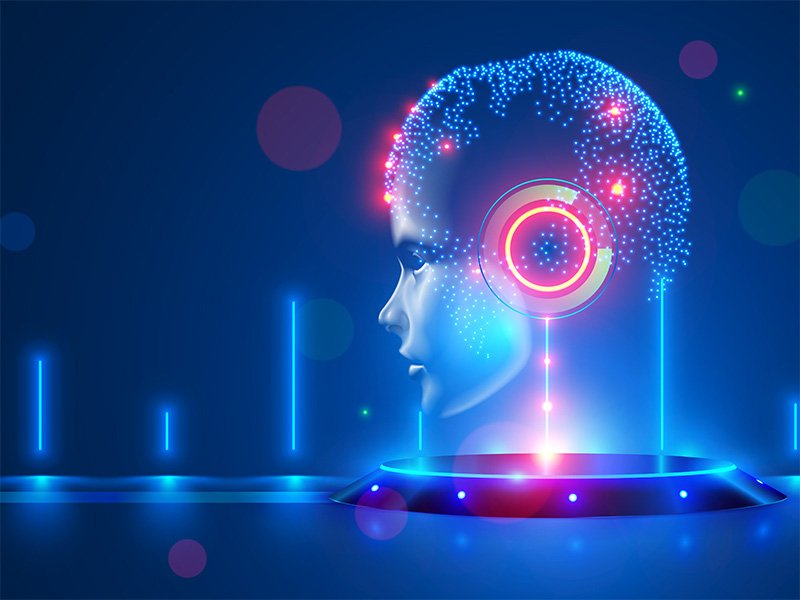Earlier this year IP Australia rejected a patent application from Dabus. The problem: Dabus is not human, it is artificial artificial intelligence software that had come up with something the man behind it, Dr Stephen Thaler, considered patentable. But in Australia, only a real person can hold a patent.
Dr Thaler also filed patents the US, EU and UK on behalf of Dabus. All were rejected. So why did Dr Thaler not file the patent in his own name?
To claim credit for an invention that is not your own is a breach of intellectual property law, and in some countries, including the US, can render a patent invalid or unenforceable.

Similar issues arise if copyright is claimed on behalf of a creation of AI, for example a portrait that could well have been by Rembrandt, but was in fact produced by an AI system that had been fed with a great deal of data about Rembrandt’s paintings and his technique.
These thorny issues were discussed at length by Ryan Abbott and Paul Nolan in a webinar AI, Dabus and the Future of IP Law, hosted by the Intellectual Property Society of Australia and New Zealand (IPSANZ) and Macquarie Law School, supported by Australian society for computers and law.
Professor Abbott is Professor of Law and Health Sciences at the University of Surrey School of Law, Adjunct Assistant Professor of Medicine at the David Geffen School of Medicine at UCLA, and author of The Reasonable Robot: Artificial Intelligence and the Law.
Mr Nolan is an Australian solicitor and barrister and author of an article, Artificial Intelligence: Inventorship and Patent Ownership – Are the Planets Lining Up? In the September 2020 edition of IPSANZ’s IP Forum journal.
AI’s inventors don’t invent its output
Professor Abbott said it would likely not be possible to attribute the patent for an AI generated invention to any of the people involved for the purposes of patenting that invention.
“You could have a team of 1000s of programmers making an AI with some level of general problem-solving ability, you can have another team using it, you could have another team training it on data, you could have it producing output that is obviously valuable and patentable. But it’s not clear you could list those people as inventors under current legal standards.”
In the case of copyright, Professor Abbott said the UK, back in 1988, had amended copyright law so that, for an AI-generated work lacking a traditional human author, the person who undertook to have the work created was deemed to be the author.
Only a human can hold copyright
However, US law requires a human author for copyright, but “That’s not a statute. That’s a copyright office policy that’s never been challenged in court,” Professor Abbott said.
He has initiated patent applications for AI-generated inventions in a number of jurisdictions and these have been rejected by the US, the UK, the EU and Australia, but still under appeal in others.
He argues that some resolution is needed, or technological progress will be stymied.
“As we continue to see advances in AI, and AI contributing to research and development in increasingly autonomous ways, this use of AI is going to have substantial social benefits. We want AI that can design better self-driving cars and can find cures for COVID and can do all sorts of wonderful things.
“And if we believe in the patent system as a means of incentivising innovation, then this provides that incentive. It makes the output of the AI more valuable; it encourages the use and development of AI.”
Court decisions
Mr Nolan described in detail attempts in the UK and Australia to secure a patent in the name of Dabus, which went to appeal in the UK. The court rejected the idea that either Dabus or its inventor, Dr Stephen Thaler could gain a patent for a Dabus invention.
The court ruled that Dabus could not be an inventor because it is not a person, and furthermore, because it is a thing, it could not hold property, such as a patent, let alone transfer it. Nor could Thaler file for a patent for a Dabus invention simply by being the owner of Dabus.
However Nixon then flagged a postscript to the judgement, which left open the possibility that the owner or operator of AI could claim ownership of its invention.
In his postscript the judge did not regard the argument that the owner/controller of AI invention to be wrong, saying only it was not a question to be considered in the appeal and “it would be wrong to regard this judgment as discouraging an applicant from at least advancing the contention if so advised.”
AI makes a passable author
Professor Abbott said it would likely take years to resolve the issue of AI and patents. Meanwhile, the implications of AI for copyright law is a much more immediate problem.
“AI is getting to the point where it can produce mediocre work. For things like short journal articles, people can’t tell the difference between things written by an AI and things written by a person. And I suspect, in the not too distant future, AI is going to be able to generate a massive amount of mediocre work at no marginal cost.”
Do you know more? Contact James Riley via Email.
